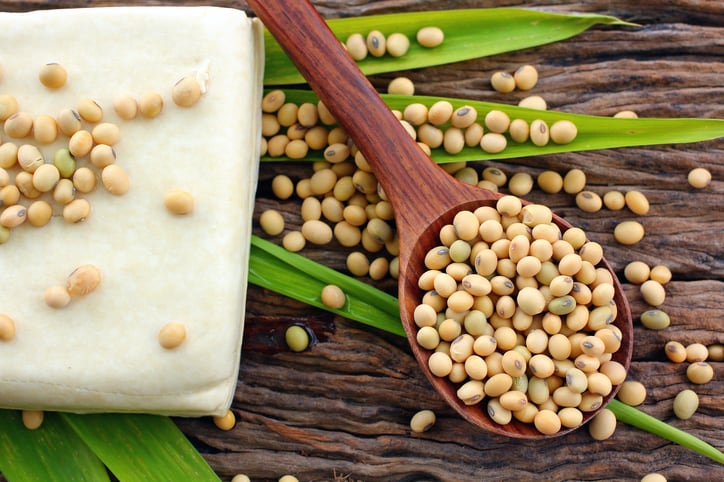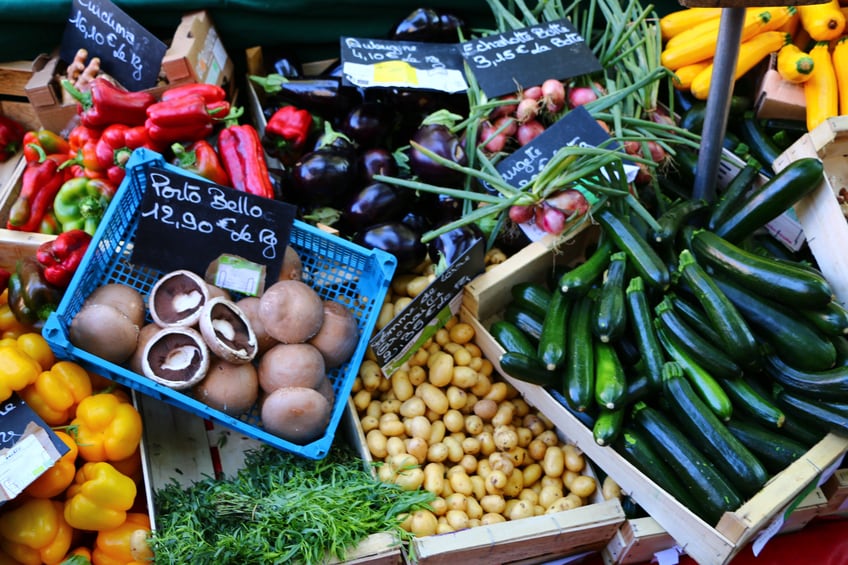Brian Kateman recognises that, for the moment, the plant-based ‘movement’ can hardly be called universal, and opting for a seitan steak over a pork hotdog does not enter most people's minds.

“The truth is that most people don’t choose food based on environmental issues or animal ethics or even their own health; they choose it based on price, convenience and taste and to a larger extent, social norms – what other people are eating around them.
“So let’s not kid ourselves. That’s how people choose food, and that’s why it’s incredibly important that the market place comes up with delicious, affordable and convenient plant-based options. It needs to be easier for people to implement reducetarianism.
“There are lots of issues around food access and equity, and there’s no denying it’s easier to be vegan in Manhattan than, say, Kentucky or a region that doesn’t have [brands like] Hampton Creek or Beyond Meat.”
But there are also a lot of people that live in big global cities like New York or London and among them, we are seeing a rise in plant-based purchases, Kateman says, particularly among Millennials who are health-conscious and interested in the food choices they make.
What's in a name?
We already have vegetarians, vegans, pescetarians and now flexitarians and reducetarians. Do we really need a new word?
“There are two ways to describe someone who follows a mostly plant-based diet with occasional meat," says Kateman. "You can use a positive term like flexitarian or reducetarian but what’s used more commonly is often cheating vegetarian or lazy vegetarian which have a negative connotation.
“Reducetarian provides a source of unity and celebrate a person’s accomplishments rather than focusing on their transgressions.”
We need to encourage people to reduce the amount of animal products they consume no matter the degree, says Kateman, whether it’s 10%, 50% or 100% and no matter the motivation.
“You can make a difference simply by cutting back [and] the concept of being a reducetarian doesn’t requires someone to identify as a reducetarian – you can also talk about it without even mentioning the word.”
A food revolution or a whole lot of hype?
So can we, in all seriousness, talk of about the stirrings of a potential revolution in people’s eating habits?

“We have to acknowledge the reality in order to understand how much work there is left to do.” And the reality is that most people are not vegan, vegetarian or flexitarian.
“The growth is extremely exciting and we’re moving in a very positive direction but there’s a lot of work to do to make this the default position. We’re at the start of an exciting transition towards […] what you could call a plant-based revolution but the default is still, in the US at least, to eat over 200 lbs of meat a year."
Plants are profitable, investment is increasing
Is the food industry doing enough to bring about this transition, and does it have an interest in doing so?
“Industry is motivated by profit so food companies are going to create products that consumers demand. Companies are recognising that there is a segment of the

population that want to eat more plant-based foods."
From Tyson investing in Beyond Meat in the US or German meat processor Rügenwalder Mühle, setting a target of at least 30% of the company’s sales coming from its vegetarian range by 2019, meat processors are watching closely.
Further down the supply chain, animal feed suppliers are too, with one industry investor recently sounding a warning that lab-grown meat – also known as clean or cultured meat – poses an existential threat to the feed industry.
But Kateman is adamant his message is not hard-line – “eat more fruit and vegetables is a common sense thing to say and we can work with all partners to make that happen”.
And aside from a few angry vegans who feel the Reducetarian Foundation waters down a stronger message on animal welfare or, on the other side of the spectrum, avid meat-eaters, there have been no furious phone calls from the meat industry.
‘If you’re going to say lab-grown meat, you should also say lab-grown beer’
The Reducetarian Foundation is not just banking on pulses and plants to bring about a change in our food system. Innovations such as lab meat could be a game changer.
“I’m very supportive of plant-based proteins and cultured alternatives. I wouldn’t refer to it as lab grown just because all processed food starts in lab and is then mass

produced so if you’re going to call it lab-grown meat you should also say lab-grown beer or yoghurt, it’s part of the same paradigm."
Kateman believes there needs to be a multi-faceted approach to making meat in a more sustainable and humane way.
“For those who can’t afford high welfare meat there could be an opportunity for cultured meat that doesn’t require the raising of an animal for its meat. There’s even the possibility of changing the nutritional profile so that, for instance, it’s not loaded with bad cholesterol but good cholesterol.
“It’s easy to get caught up in differences of what we should eat or philosophical ideas of what we’d like our food system to be but right now our food system comes down to factory farming so anything that is not that is something that we should support. Cultured meat is one part of that solution.”
The bottom line is that most people want to eat animal products - a well-cooked steak perhaps followed by some cheese and rounded off with a chocolate and cream dessert is a delicious meal.
We want to promote the combination of the 'eat less meat' message and a choice of better alternatives to this majority, Kateman says.
Brian Kateman recently edited the book The Reducetarian Solution: How the surprisingly simple act of reducing the amount of meat in your diet can transform your health and the planet.
